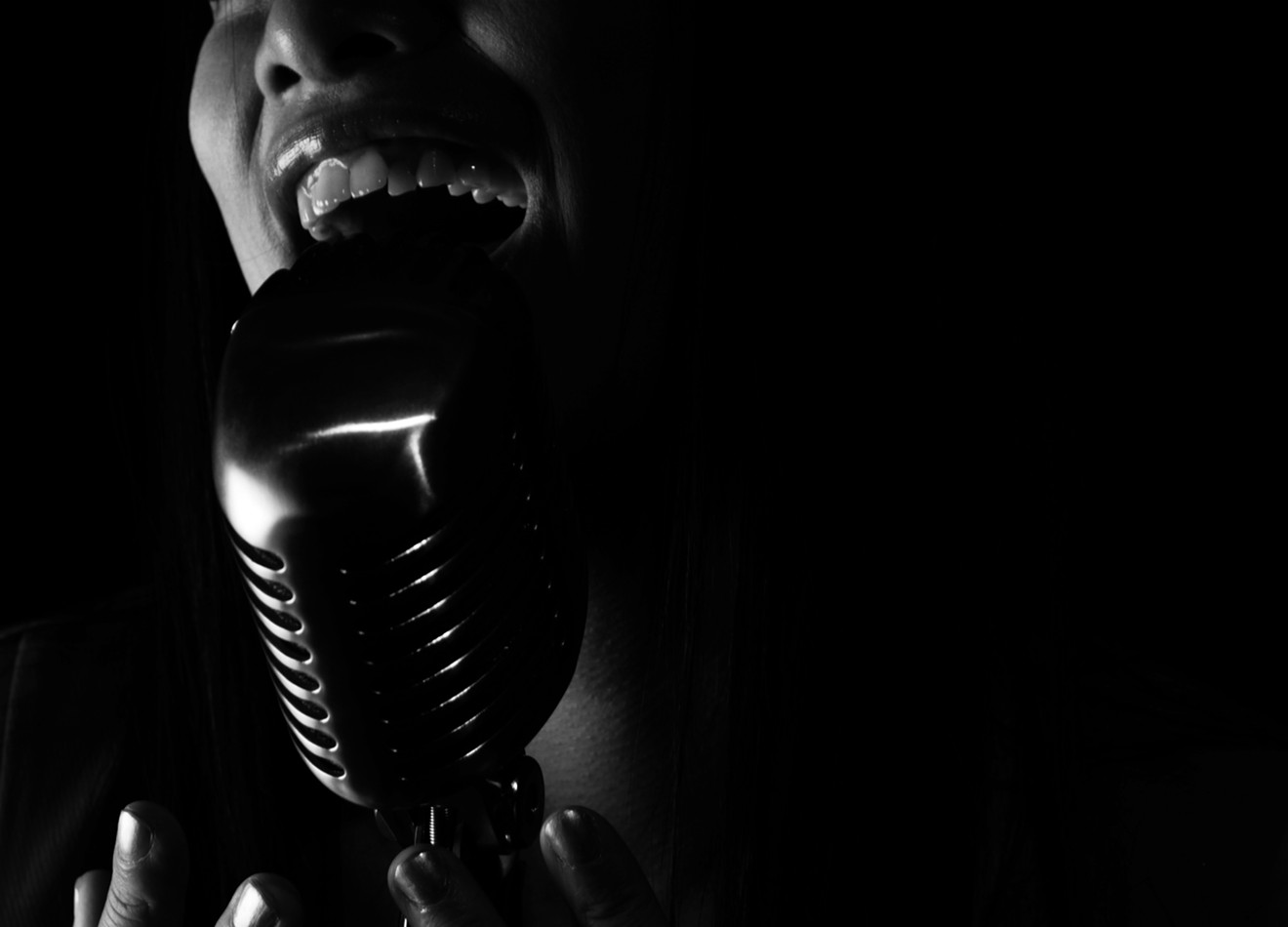The uptown venue did not respond to a request for comment.
In a press release about ASCAP’s most recent string of lawsuits, the organization said that even after numerous attempts to contact these venues, the owners repeatedly refused to take or honor a license.
“Instead, they have continued to perform the copyrighted music works of ASCAP’s songwriter, composer and music publisher members for the entertainment of their patrons without obtaining permission to do so,” the company said in its statement.
Generally, venue owners must obtain a license and pay fees to organizations like ASCAP or Broadcast Music Inc. (BMI) — the two organizations that license nearly 100% of the music played in the U.S. — if they want music in their establishments. This allows artists who are members to receive royalties when their music is played at these venues.
According to ASCAP, almost 90% of the fees they collect goes straight to songwriters, composers and music publishers.
In Nickel and Rye’s case, filed in the United States District Court’s Dallas division, the venue allegedly held public performances of “E.I.” by Nelly, “Tipsy” by J-Kwon, “Hip Hop Hooray” by Naughty by Nature and “Push It” by Salt ’N Pepa without the proper license.
As well as giving artists an avenue to collect royalties for their work, ASCAP has increasingly become known for its legal action against businesses. Earlier this year, in February, ASCAP filed another set of 13 separate copyright infringement actions against bars and restaurants nationwide. On its website, ASCAP says in the past, venues that could have only spent $1,000 to $7,000 a year ended up paying between 25 and 100 times that amount in damages.
ASCAP, according to them at least, is all about the little guy."(A)s soon as those checks go out, another [music licensing organization] calls and there are like seven all threatening to sue you ... If you paid them all, you would go broke, but they all keep coming.” — a Deep Ellum venue owner
tweet this
“We want every business that uses music to prosper, including bars and restaurants,” songwriter and ASCAP Chairman of the Board and President Paul Williams said in the statement. “After all, as songwriters and composers, we are small business owners too, and the music is more than an art form for us. It’s how we put food on the table and send our kids to school.”
While rules are rules, and artists should definitely get paid for their works, adhering to these rules is not always a walk in the park for venues. And failing to do so can result in their demise.
One Deep Ellum restaurant and venue owner, who asked to remain anonymous, says: “We currently pay the two major ones, ASCAP and BMI, but as soon as those checks go out, another [music licensing organization] calls and there are like seven all threatening to sue you for $30,000 if they ever hear one of their artist’s songs in your venue. If you paid them all, you would go broke, but they all keep coming.”
Pascale Hall, the owner of Opening Bell Coffee in Dallas, says she pays licensing fees to ASCAP, BMI and SESAC, originally the Society of European Stage Authors and Composers. She says she pays ASCAP about $750 a year.
Hall says she can see how the fees could be a financial burden on some small venues, but it’s just part of doing business. And it's part of the business that she says is becoming increasingly important in the age of streaming.
“I know musicians benefit from venues paying these fees and feel it’s even more important since the avenues for revenue on [streaming] platforms out there are pretty crappy,” Hall says.
Now, Nickel and Rye may not be one of the little guys, and only time will tell what comes of its legal bout with ASCAP, but you don’t have to look far to find a venue that the licensing companies could’ve gone a little easier on.
In 2014, Digital Music News reported that ASCAP, BMI and SESAC had forced a small St. Louis coffee shop to shut down its live music. The shop, Bauhaus Kaffee, held only about 12 shows a year. Most of the money made from these concerts would be donated to charities like Backstoppers, which helps families of fallen police officers and firefighters.
This didn’t stop ASCAP from calling the coffee shop owners every day and sending letters until they decided to pay about $600 in annual fees. After all, rules are rules. Not long after, BMI and SESAC were calling looking for an additional $1,200 between the two of them. Because they couldn’t pay for all the fees, the venue stopped having concerts.
The way music licensing is handled with venues seems to be an old way of doing things that doesn’t always work and doesn’t always benefit the people it should, though the jury's out on that. Literally.












